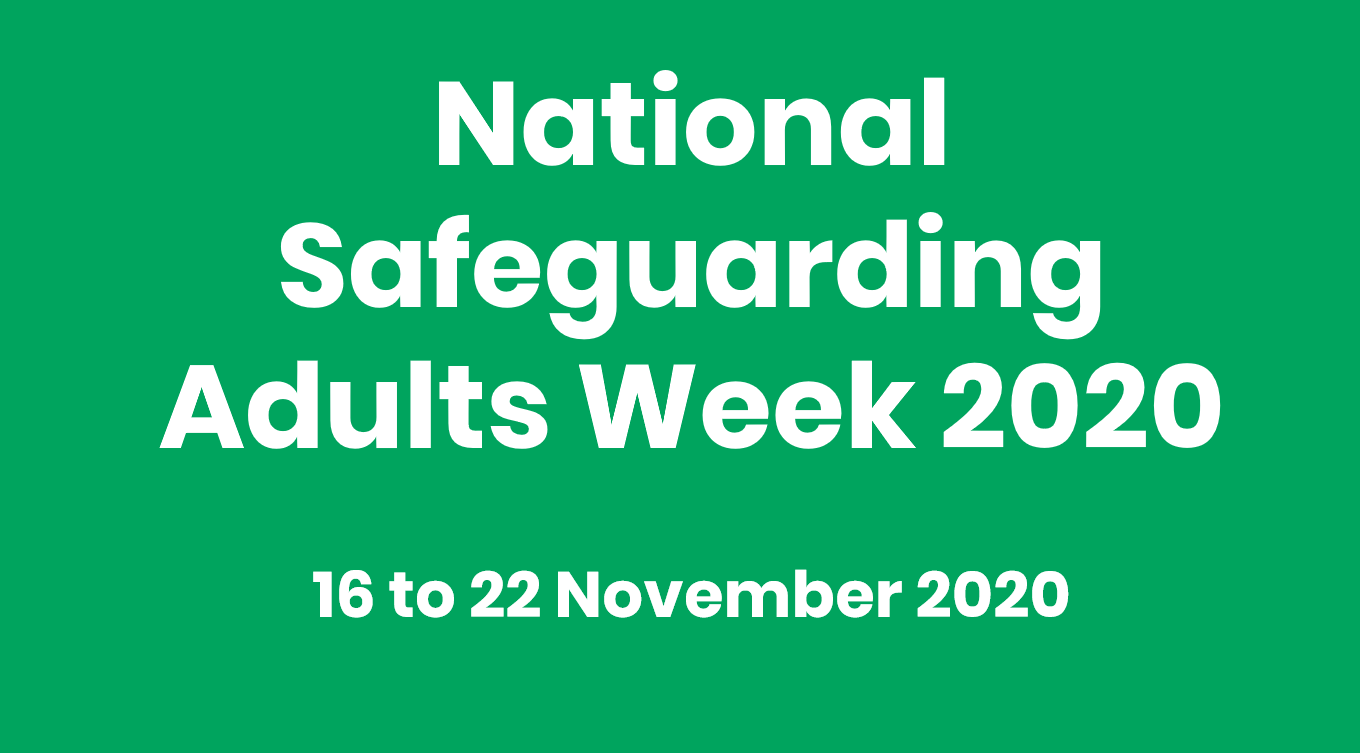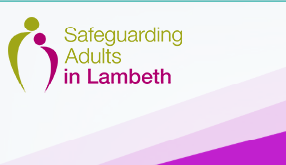The BBC radio series 'The Archers' has been tackling the issue of Modern Slavery. In the latest episode it was revealed that the three British-born men, who have been enslaved by builders and kept at a secret location, all have a learning or mental health disability.
The Lambeth Safeguarding Adults Board is focused on raising awareness of this issue.
Victims of modern slavery are forced, deceived or coerced into exploitation. It is often is often a hidden crime. Victims may be too scared to disclose what has happened to them, sometimes for fear of violence to them or their family. Some victims do not even realise that they are being exploited. This simple leaflet outlines some of the possible signs that someone is a victim of crime.
Modern slavery in the UK can take many forms, including forced sexual exploitation, domestic slavery or forced labour on farms, in construction, shops, bars, nail bars, car washes or manufacturing. To help you understand the different types of modern slavery, take a look at our leaflet.
If you are concerned you’ve come across modern slavery it is important you report it if you feel safe to do so.
In an emergency, you should always call 999. In a non-emergency, call the police helpline on 101.
For confidential advice, you can also contact the modern slavery helpline on 0800 0121 700.


